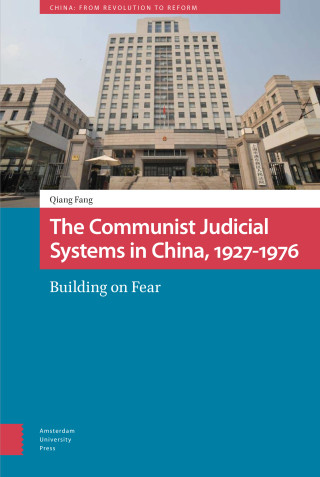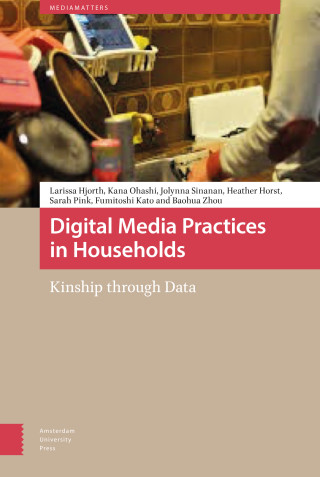Wen-Hsuan Tsai is one of the world’s finest researchers and analysts on how the Chinese political system operates. In this new book, he insightfully depicts how, through a century of trial and error, China has shaped a system of aides to Chinese leaders that today plays a vital role in the Party-state’s effectiveness and sustainability.
– Jonathan Unger, Australian National University
Wen-Hsuan Tsai is well known for his detailed knowledge of the inner workings of the Chinese Communist Party (CCP). In this book, he delves deeply into the workings of the secretary (mishu) system, in which secretaries help leaders make decisions and sometimes make decisions themselves. Deeply informed, every student of China will want to keep a copy on his/her desk.
– Joseph Fewsmith, Boston University
Chinese communist politics is often said a black box for its extremely low transparency, but now Professor Tsai’s book provides an exploration into its most hidden part by revealing the structure and operation of the mishu system. As bringing the readers to the Chinese leaders’ offices for an in-depth tour, this book is a must read for understanding China’s leadership politics, elite dynamics, and decision-making mechanisms.
– Guoguang Wu, Stanford University
In this monograph, Wen-Hsuan Tsai lifts the veil surrounding the role mishu politics in modern China. He shows the different roles top leader’s confidants have played over the past 100 years, from securing access to secret information to purging inner-party opponents. This is an important topic that deserves further scrutiny.
– Daniel Leese, University of Freiburg
Dr. Wen-Hsuan Tsai is an eminent Taiwanese expert on China studies, having been trained at the Graduate Institute of East Asian Studies at National Chengchi University (Taiwan). Over the past 15 years, he has published numerous acclaimed works on Chinese politics. In this book, Wen-Hsuan provides an in-depth analysis of the development of the Chinese Communist Party's staff (mishu) system and institutions. On the one hand, it helps us understand the opaque workings of CCP politics; on the other hand, it lays a foundation for future research on the political networks of CCP elites.
– Chien-Wen Kou, National Chengchi University





